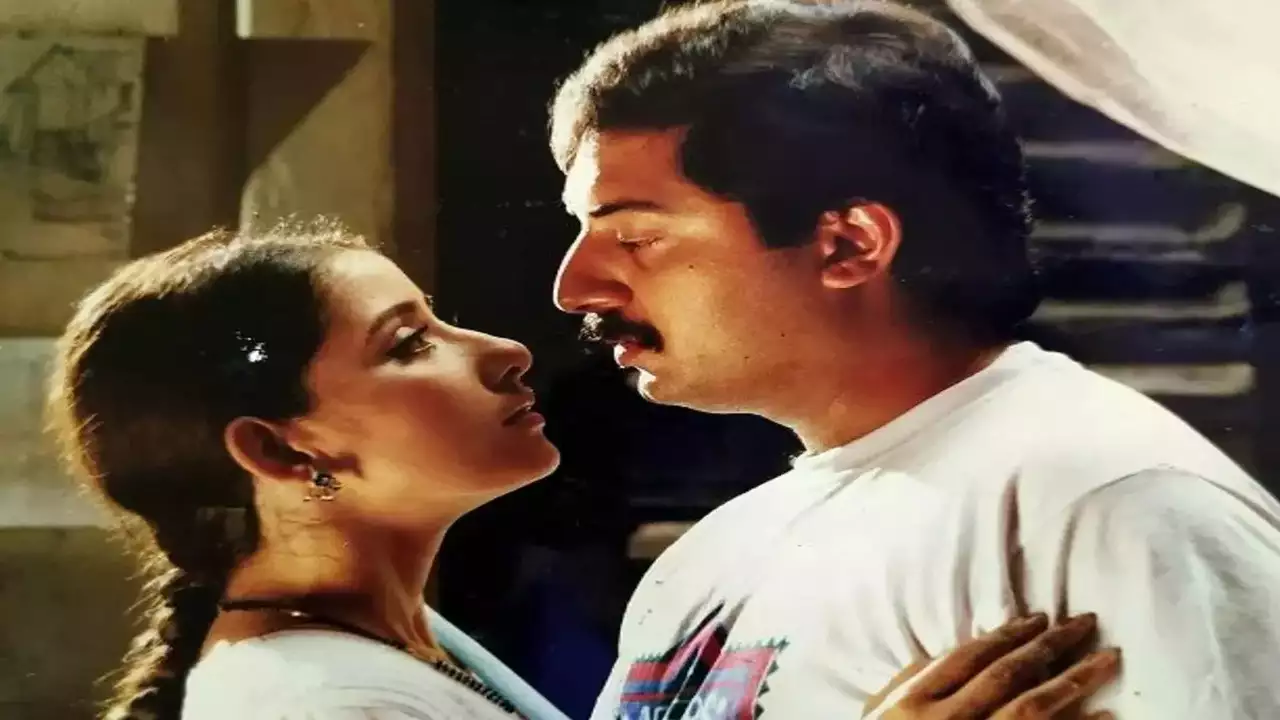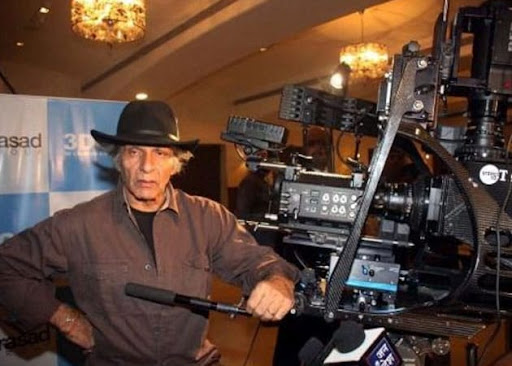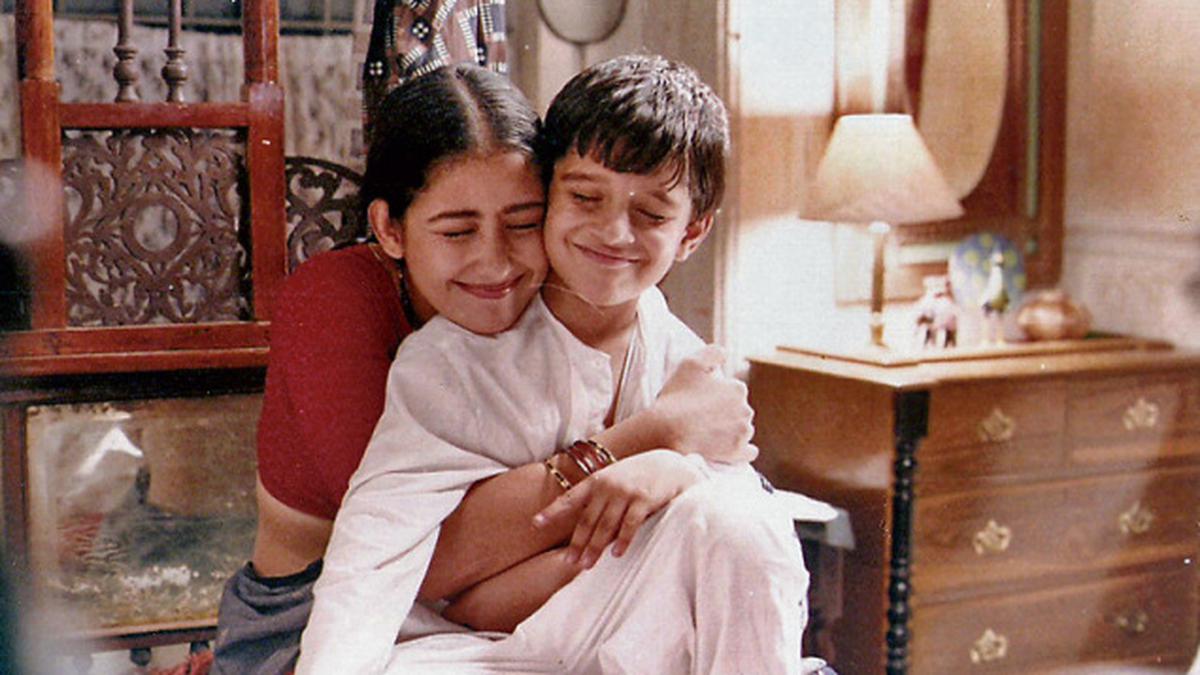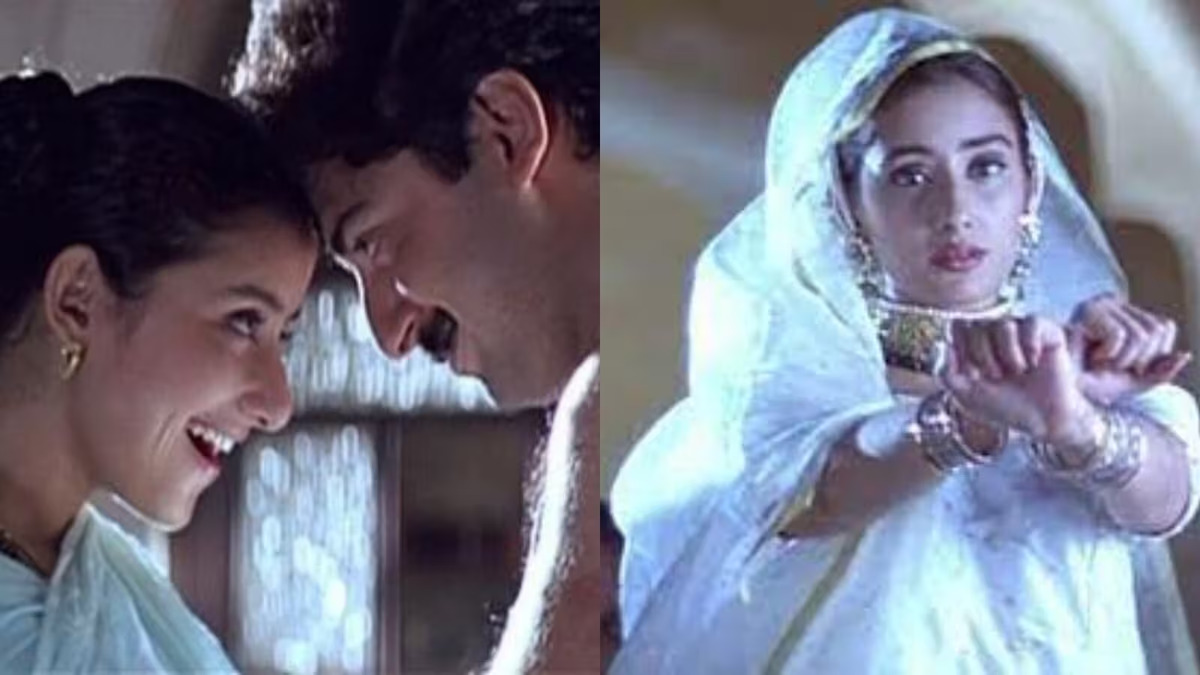Manisha Koirala, the versatile actress known for her powerful performances in Indian cinema, recently made a surprising revelation about her career. She confessed that she almost turned down the role in Mani Ratnam’s critically acclaimed film ‘Bombay’. She hesitated because of her fear of being typecast as a young mother.
The Fear Of Being Stereotyped

During the 1990s, the Indian film industry was relatively rigid in portraying female characters. Young actresses often hesitated to play the role of mothers, fearing that it would limit their career opportunities. Manisha shared,
“In the 1990s, especially in Bollywood or the Bombay industry, there was a taboo that even if you’re a hero playing a protagonist, if you play a mother on screen, you will quickly be put in a box and end up playing supporting mother roles. You will no longer be the main hero, and that scared everyone around me, including my manager and other industry people,”
The Cinematographer Who Changed Her Mind

The late cinematographer Ashok Mehta played a crucial role in changing Manisha’s mind. He convinced her to accept the role, telling her,
“Ashok Ji called me and said, ‘Silly girl, you’re refusing a Mani Ratnam film because you have to play a mother at 19-20? Big deal, please go ahead and do it. You should be lucky he’s offered you a film. You should see the kind of movies he makes’.”

The Turning Point In Manisha’s Career
Manisha’s decision to take on the role in ‘Bombay’ proved to be a significant turning point in her career. Today, audiences widely appreciate Manisha’s performance as a young mother in the film that tackled the sensitive issue of communal riots, considering it a classic.
The film ‘Bombay’ established Manisha as a talented actress and broke the stereotype of young actresses playing mother roles. It opened up new avenues for actresses to explore various characters.
The Guidance Of Ashok Mehta

Manisha expressed her deep gratitude to Ashok Mehta for his guidance. She said,
“Thank God, I had people like him around to guide me and tell me that if I refused a project like that, it would be a loss for me as an artist. I grew so much working with Mani Sir. The way he took shots, the way he experimented, he is a maestro. I was so grateful to Ashok Ji for scolding me and putting me on the right path. So, it’s not my own mind, nor was I sharp or intelligent or ambitious for that matter. I was blessed with the right people who advised me on the right things, and I understood what they were trying to tell me, and I made those decisions.”



